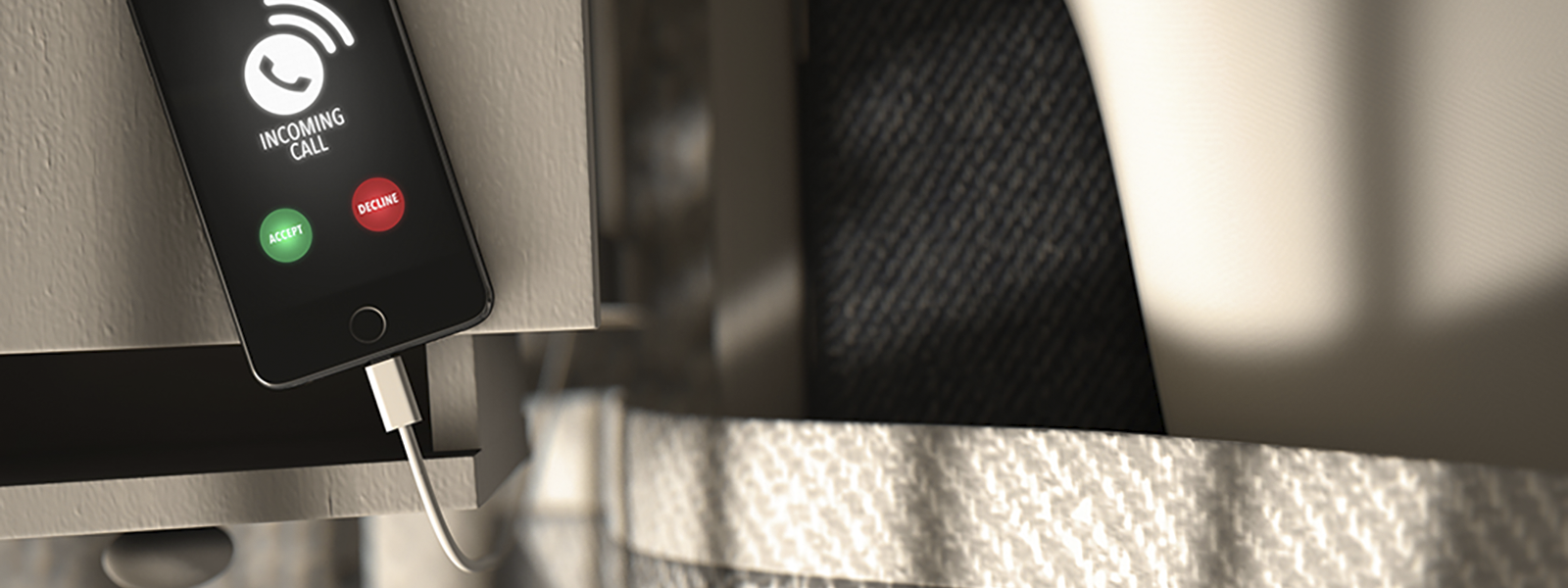One-ring phone scam costing victims hundreds of dollars
Your cell phone rings, but—before you can answer—the caller hangs up. It might be tempting to call the person back (especially if you aren’t sure who it is), but a new scam we are hearing about should make you think twice. With the popular “One-Ring” phone scam, you could find yourself with an unexpected phone bill for hundreds of dollars.
Industry experts we spoke with estimate that there have been more than 100 million One-Ring phone scam attempts so far this year alone. While the scam has been around for decades, fraud fighters have witnessed a dramatic resurgence in the scam in the last few months.
When thinking about the One-Ring scam, it is easiest to think of it as a secret 1-900 number. Scammers call you from a special number that, in addition to the long-distance charges it will cost you, calculates an additional fee of around $3-7 per minute, which ends up on the victim’s next phone bill. Scammers will rarely utilize true “1-900” numbers these days, but will instead base their operations in countries that have 3-digit international calling codes so that the number appears to be originating from within the United States.
The scammer’s goal is simple: get the victim to call them back and then keep the caller on the line for as long as possible. To do this, scammers have been known to call back several times and hang up after a single ring or to spoof a victim’s Caller ID so it appears that the call originated from their own neighborhood. NCL has even heard reports that if a victim is able to answer the phone before the One-Ring scammer hangs up, the scammer will act like there is a bad connection and ask the victim to call them back.
Once a victim calls back, fraudsters keep the victim on the line by claiming they won a prize or that a loved one has a special message for them. Regardless of the pretense, the result of the One-Ring scam is always the same: victims end up racking major charges on their phone bills, which the scammers end up profiting from.
The price of a One-Ring phone scam can quickly add up, and consumers rarely know they have been scammed until they receive their phone bill. Fortunately, there are several tips that you can follow to protect yourself from this resurging scam.
- Don’t answer or return phone calls from numbers you don’t recognize. If you don’t recognize a number, let the call go to your voicemail. If it is something important, they will leave a message.
- Don’t trust Caller ID. Scammers know how to spoof your Caller ID so it appears that they are calling from your neighborhood. Similarly, many scammers strategically locate their operations in countries like the Bahamas that have international calling codes like “242,” which may appear to be American.
- Block outgoing international phone calls. If you do not regularly make international phone calls, consider asking your telephone company to block outgoing international calls on your line.
- Always closely monitor your phone bill for surprise charges. If you spot a suspicious charge, contact your phone company immediately to dispute it. This will not only potentially save you money, but it will also help your provider spot fraud and protect customers from future scams.
Have you been a victim of the One-Ring phone scam? Have you received several calls from someone who hangs up after one or two rings? We want to know! You can file a complaint at Fraud.org via our secure online complaint form. We’ll share your complaint with our network of more than 90 law enforcement and consumer protection agency partners who can and do put fraudsters behind bars.








